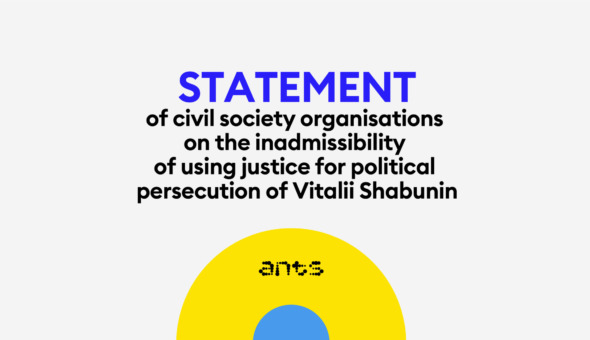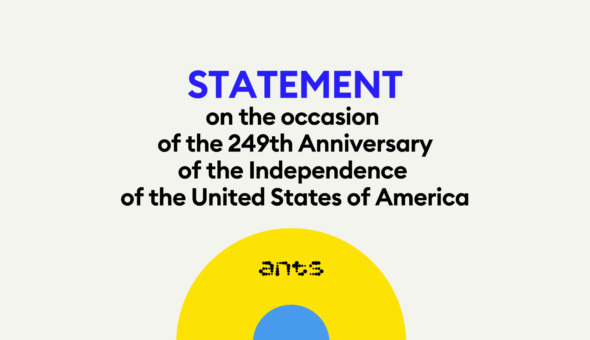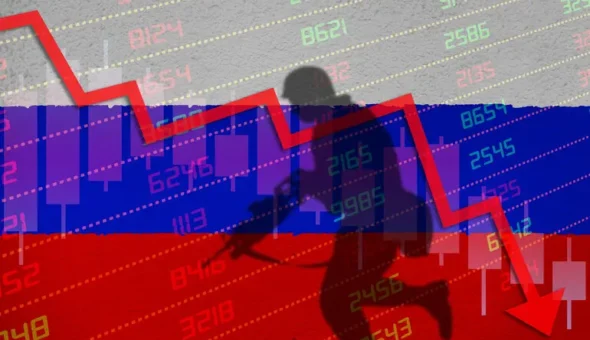
As in 2023, social protection spending is the second largest item in the state budget after the defense of Ukraine. In 2024, the financing of all budget items, where the main manager of budget funds is the Ministry of Social Policy, amounts to more than 470 billion UAH, which is 25 billion UAH more than in 2023.
The 2024 Budget is Social Again
The financing of these expenses will be carried out almost entirely thanks to external borrowings, which, as planned by the government, will amount to UAH 1.7 trillion. Considering that this is a loan and not a grant, in 2024 we already have to repay over UAH 182 billion.
That is why it is critically important that, despite the emergency situation and humanitarian crisis in which Ukraine is, every hryvnia in the field of social protection does not just cover another gap, but gives impetus to people to overcome difficult life circumstances, reducing the need for support from the state.
Let’s see if there is progress in this direction. The “most expensive” budget programs in 2024:
- Financial Support for the Payment of Pensions, Allowances and Increases to Pensions Assigned Under Pension Programs, and the Deficit of the Pension Fund” (UAH 271.9 billion);
- Social Protection of Citizens Who Have Fallen into Difficult Life Circumstances” (UAH 88.7 billion);
- Payment of Housing Subsidies and Benefits to Citizens for Payment of Housing and Communal Services, Purchase of Solid and Liquid Household Fuel, and Liquefied Gas” (UAH 49.9 billion);
- Social Protection of Children and Families (UAH 27.6 billion);
- Support of Low-Income Families (UAH 20.2 billion);
- Social Protection of Persons with Disabilities (UAH 6.4 billion).
The main changes and trends within these programs:
- Despite the planned indexation of pensions in March, the financing of the corresponding item compared to 2023 did not increase, mainly due to the increase in the Pension Fund’s own income from the Social Insurance Institution, which is a positive aspect.
- All the other budget programs mentioned have increased by 3% or more, but except for the program for social protection of persons with disabilities, whose budget has almost doubled, this does not cover the inflation rate, which averaged over 120% until the previous year.
- Part of the funding lines within the budget program Social Protection of Citizens who Find Themselves in Difficult Life Circumstances were withdrawn and moved to the new budget program Development of the Social Services System with the amount of expenditures exceeding UAH 1 billion.
Experiments with Social Services
The program for the development of the social services system should be discussed in more detail, because this direction of social policy is able to influence the transition from meager support to self-reliance (the ability to find the right way out of a difficult situation without outside help EP) among vulnerable categories of the population.
In addition, it is not the first year that public organizations and associations of local self-government bodies call on the state to become a real stakeholder – to co-finance social services. Therefore, this year’s step is important and encouraging. Thus, for 2024, the following services are financed within the framework of the program:
- complex social service for the formation of vitality;
- social support of servicemen and members of their families in military units of the Armed Forces;
- separate social services for some categories of persons who are in difficult life circumstances (on the basis of health care institutions that belong to the sphere of administration of the Ministry of Social Policy);
- social services of inpatient care and supported accommodation for internally displaced persons according to the principle “money follows people”.
All these directions are experimental, which a priori means certain risks based on the results of implementation.
Yes, the complex social service for the formation of life sustainability is an innovation of the Ministry of Social Policy. It is not mentioned in the Law of Ukraine “On social services” and is not included in the classifier of social services. There is no approved state standard that should describe the content of the service and its quality indicators. From the available documents, it is not clear what criteria will be used to evaluate the success of this experiment.
Even more questions, or rather concerns, are caused by the experiment with the provision of supported living services on the basis of health care institutions. If you carefully study the procedure for its implementation and the passport of the budget program, you can find many inconsistencies with the legislation of Ukraine and the EU.
The document states that the service must be provided in accordance with the state standard, which states that it is aimed at creating social and domestic conditions for independent living, protecting the rights and interests of such persons, and involving them in the life of the territorial community.
At the same time, the experiment is expected to be implemented in specialized sanatoriums, the premises of which do not provide conditions for independent living. Moreover, they cannot be considered a home, which is the main characteristic of this type of arrangement.
In addition, the wording “supported accommodation without the possibility of independent cooking” and the high probability of parallel provision of shelter services and inpatient care in the same premises finally blurs the fine line between supported accommodation and institutional care, the inadmissibility of which is stated in every report of the European Commission in the context of European integration.
It seems that an experiment with the provision of supported living services based on the principle that “money follows people” is more appropriate, but there is currently no published document by which it can be analyzed.
Contrary to European Integration
I cannot ignore another important budget program “Subsidy from the state budget to local budgets for project, construction and repair works, the purchase of housing and premises for the development of family and other family care forms, support of small group homes and provision of housing for orphans, children deprived of parental care, and other persons”, which, as stated in the explanatory note to the draft law, aims to “implement deinstitutionalization measures”.
It is difficult to agree with this opinion, because the priorities for placement of orphans and children deprived of parental care, which are prescribed in more than one document, look different. If a child has lost his parents, he must first be adopted, then guardianship or care, then placement in a foster family, and only then in a family-type children’s home. Even the purely mathematically outlined priority in the budgetary and financial dimensions is in the fourth and further places.
It is no less important to note that the format of placement in family-type children’s homes is far from EU standards regarding alternative care, and one does not even want to talk about corruption threats in the context of another construction program.
Does the 2024 Budget Contribute to the Return of Ukrainians Home?
Recently, we have heard several frankly unsuccessful messages and proposals from the authorities regarding the return of Ukrainians from countries of temporary protection. Let’s not dwell on the negative, but let’s see if the state provided any incentives for women and children in addition to words.
Unfortunately, as in previous years, we observe an imbalance in social protection programs between the elderly and younger citizens. Much more budget funds are allocated to pension payments than to social support for children and families with children.
It is obvious that such a situation did not arise as a result of the policy of the current government and not even because of the war, but for almost two years of the great war, in addition to ambiguous messages, it should at least begin to develop a real strategy supported by funding from the state budget.
The analysis of the 2023 budget shows that the attractiveness of Ukrainian communities and the state in general from the point of view of returning citizens is mostly influenced by the development of services, in this case – social services. Because even if the amount of payments is significantly increased, which is currently impossible, it will have little effect on the well-being of people who have often lost their property and jobs.
Finally. There are positive trends in the budget of the social sphere for 2024, and this is good news. On the bad side, these rates lag far behind the speed of the appearance of new challenges.
This publication has been made within the frameworks of the MATRA Programme supported by the Embassy of the Kingdom of the Netherlands in Ukraine. The opinions expressed are those of the author(s) only and should not be considered as representative of the Embassy’s official position.
Author:
Marianna Onufryk, expert of the “Euroscope” project of the ANTS network
for Ukrainska Pravda.



